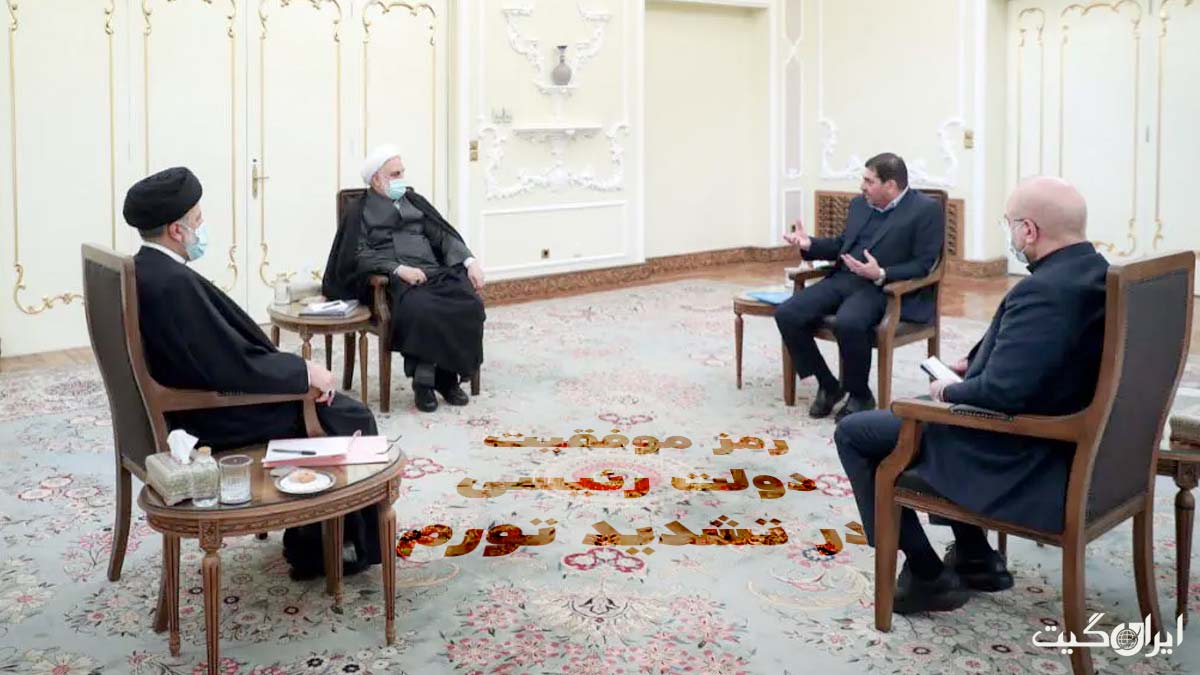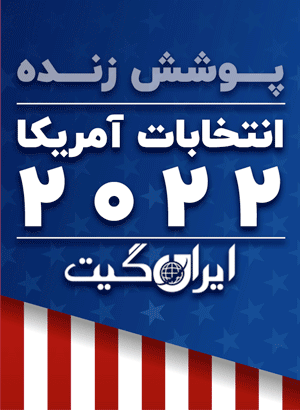The Key to the Success of President Raeisi’s Government in Intensifying Inflation – Part 1
According to recent reports from Iran Gate, the 13th government has unveiled a solution for compensating the budget deficit, which involves generating resources and government assets. Economists have raised serious concerns not only about the details of this plan but also about its overall concept. The Ministry of Economy of the 13th government has also announced that it intends to generate government assets and properties in order to reduce expenses and secure resources to compensate for the budget deficit.
In this regard, it has been decided to thoroughly examine the process of creating a deficit and securing the necessary resources for the government to compensate for it. Ultimately, the issue of providing resources through the transfer of assets can be addressed, along with the question of whether the term ‘resource generation’ exists in the common terminology of economics or not. Furthermore, the government’s intention behind implementing this plan and its consequences for the people will be discussed in this first part of the dossier, which also explains how budget deficits are created and the conventional methods for compensating for them.
Budget Deficits: The Illegitimate Child of Governments
Governments in general always face a problem called imbalance between expenses and revenues in various governing structures. This dilemma, which leads to budget deficits, is recognized as the biggest problem for governments in order to improve their financial situation. There have always been several ways for governments to compensate for such imbalance, which can be divided into two categories: inflationary and non-inflationary.
In general, governments resort to borrowing in such situations, but borrowing can be done in two ways: borrowing from public resources and the central bank’s treasury, or borrowing directly from the people. There are significant differences between these two methods, which can have extensive implications for economies with different structures.
Direct borrowing by the government from the people
The process of governments borrowing from the people requires certain elements, which the current government of Ibrahim Raisi lacks. The first element is public trust in the government and especially in the wake of the 1400 elections and the events that have shaken public trust more than ever, following the tragic death of Mahsa Amini in the custody of Tehran’s Moral Security Police.
Many believe that the government’s borrowing program in the thirteenth term, which is done through treasury bills, is not executable. In other words, people do not have enough trust in the government to buy these bills and benefit from their returns, and also help the government to take steps towards compensating for the budget deficit. This lack of trust has been damaged to the extent that it seems Ibrahim Raisi’s government is completely ignoring this option.
Government borrowing from the central bank
Borrowing from the central bank has always been the simplest and least troublesome method of borrowing for governments. This action is carried out without the public’s knowledge of its details. That is why economists always emphasize the necessity of the central bank’s independence in the country’s policy-making structure. In other words, this independence can act as a barrier against the government’s unreasonable and harmful demands.
In countries with democratic governance structures, the central bank has a well-established position as a completely independent institution. For this reason, governments do not have the ability to interfere with the central bank’s funds and cannot freely borrow from this policy-making entity.
The limitations imposed by laws on these governments have been established considering the consequences of borrowing. Because irresponsible borrowing can lead to a phenomenon known among the people as printing money. Unbacked money printing can increase the monetary base and consequently lead to inflation. These actions and reactions ultimately result in the creation of powerful money and intensify inflation.
In other words, the government steals from its citizens by borrowing from the central bank without any accountability or transparency. The government resorts to such actions to cover its heavy expenses, which in turn leads to the continuous devaluation of people’s money. Hence, inflation is also known in various intellectual circles as the government’s nocturnal theft from the people.
Which one does the president choose?
The recent 20-month performance record of the thirteenth government also shows that the Ibrahim Raisi administration prefers the easiest way to cover its budget deficit. In other words, the government has weakened the position of the central bank and created the grounds for the government’s effortless borrowing from this supervisory institution.
A look at the performance of the thirteenth cabinet also confirms the claim that the government has resorted to borrowing from the central bank to compensate for the budget deficits of 1400 and 1401. This action has directly served as the driving force behind inflation and has led to a continuous decline in the value of the national currency. This inflation, which has been decreasing on a daily basis according to the average, has unprecedentedly exacerbated the poverty situation in the country.


